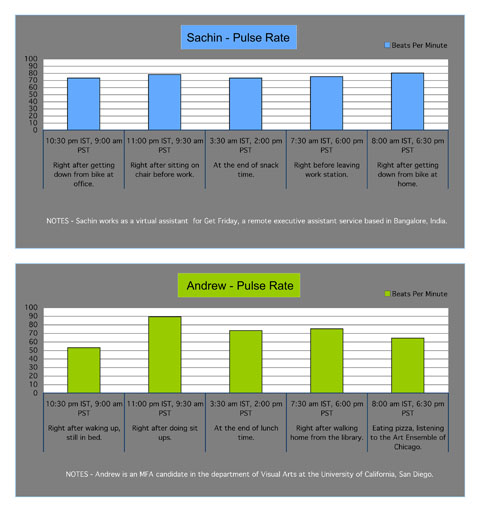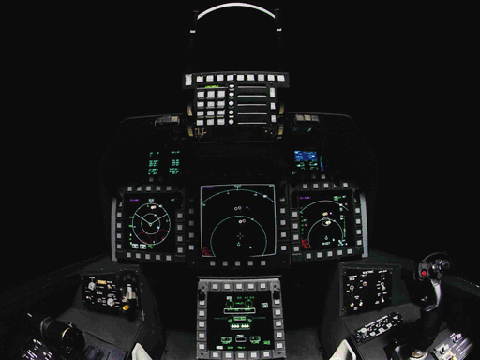The Virtual Assistant
14 Mar 2009
The virtual assistant project began with research and investigation (via external contacts and resources) geared towards unpacking the system of a virtual personal assistant service based in Bangalore, India. I am currently in the midst of ongoing inquiry into the service via direct engagement. This is a method of diagramming an economy in order to learn how to better engage with it and peel back the "personal" business veneer, revealing histories, biographies, actors, networks, power, desire, and more.
From the Get Friday website :
Get Friday [is] working round the clock 24/7, now catering to busy individuals and small businesses in 30 odd countries across different time zones. It has managed to take global outsourcing which was previously meant only for Fortune 500 businesses, within the reach of ordinary people - an individual, an entrepreneur or a small business owner. It takes pride in serving customers from diverse backgrounds. Get Friday is also the pioneer in bringing the idea of 'Get the Personal touch of an assistant along with access to a pool of expertise' into the market that makes virtual assistance dependable and so scalable.
What follows is a process of engaging this particular context through whatever technologies available to maximize the levels of interface and communicative possibilities. This opens up an unpure laboratory of ideas and strategies in regards to the relational conflict of globalization. With these ideas and strategies I want to ask: what are the active and effective notions of the common today, in the midst of increasing migration, the information revolution, and the consequent transformations of the modes of production? We participate in an increasing "flattening" of the world that has opened up a commonality unprecedented in the history of capitalism, as a productive world of communication and social networks, interactive services, and common languages redefine an economic and social reality once more thoroughly determined by the production and consumption of material objects. These new forms of cooperation often tend to be telematic economies - telematic in the sense of a remote control over another's labor, the manipulation of a dependence. If power is defined as the ability to manipulate resources across space and time, to what extent can power in this relationship be re-distributed amongst a service where the normative use is one-way command. How can this be reversed towards mutual assistance? Can this service become a device for altering its own conditions? Can connections be made with the virtual assistant outside of this service-device?
To strategically expand the already present communicative commonalities and design a cooperation of accountability, one must work at recognizing and thrusting upwards into curvature that which becomes flattened by the smoothing flows of concentrated capital and information. By developing intimacy, emphasizing local context, and altering flows, the generic is multiplied and exceeds the calculus of this economy. Art here is not simply political by representing social structures, conflicts or identities; rather, the approach involves a framing of and play with specific space-time sensoria, as it redefines the power of speech or the coordinates of perception, shifts the places of the actor and the spectator or artist and laborer, re-engenders a critical consciousness, and other strategic affects and effects that strive towards creating a collaborative social arrangement.
In offshore online work between India and the United States, there is an organization around three kinds of integration--spatial integration (the decoupling of work performance and work site), temporal integration (the real-time unification of time zones), and algocratic integration (the role of programming languages or code in connecting transnationally dispersed labor through data servers). The relationship either synchs or sinks. Labor liquefies into computer code that can flow online, while the social and the physical are subordinated to the economic - my "virtual assistant" Sachin arrives at work at 10:30 pm India Standard Time to be available for his clients' 9 am Pacific Standard Time. Sachin and I took our pulse-rates simultaneously, in real-time, to introduce a biorhythm into this spatio-temporal integration.

As a boy, Sachin used to build toy boats and cars out of parts salvaged from other toys. He had to hide them from his father, who thought the toys were a distraction from his studies at his English-language school in Kerala. I asked Sachin to create a construction manual for this boat as a way for us to participate in some non-rational economic behavior by engaging with his latent knowledge and technical skills. I like to think he actually meant it when he said he enjoyed creating the manual. I will certainly enjoy setting one of these boats off in the Pacific Ocean towards Asia (or the Great Pacific Garbage Patch).

In a gesture of reciprocity, I assigned Sachin a task in which I asked him to assign me a task. He replied :
"Do research on fighter planes and come to a conclusion that which is the world's best fighter plane. Please note that all the countries will say that theirs is the best plane so please mention different parameters that you have used to come to the conclusion. Please include pictures with specifications of plane."
Pictured above is the cockpit of a Lockheed Martin/Boeing F 22 Raptor. On a side note, success or failure in global business relationships have been defined as "synching or sinking," defining how congruence must be achieved along six dimensions (the initials of which form the mnemonic "cockpit"): Coordination and control systems, Objectives and values, Capabilities processes, Information, and Technology. A certain homogeneity must be achieved for synchronization, as heterogeneous attitudes, values, and organizational behavior (or lack thereof) threaten to "sink" the relationship.
This "reverse outsourcing" is not a full reversal, as my creation of this fighter jet report was not supervised or monitored by superiors; nor was I required to do so. An informal, non-market economy (composed of my reciprocal gesture of exchange) attaches itself to a formalized economy of information, capital, and labor.
sachin.getfriday: I have a question.
me: sure, what's the question?
sachin.getfriday: In what way this task will be useful for you.
◊
To get involved or find out more about the project, email Andrew Wilson at andandrewrew@gmail.com